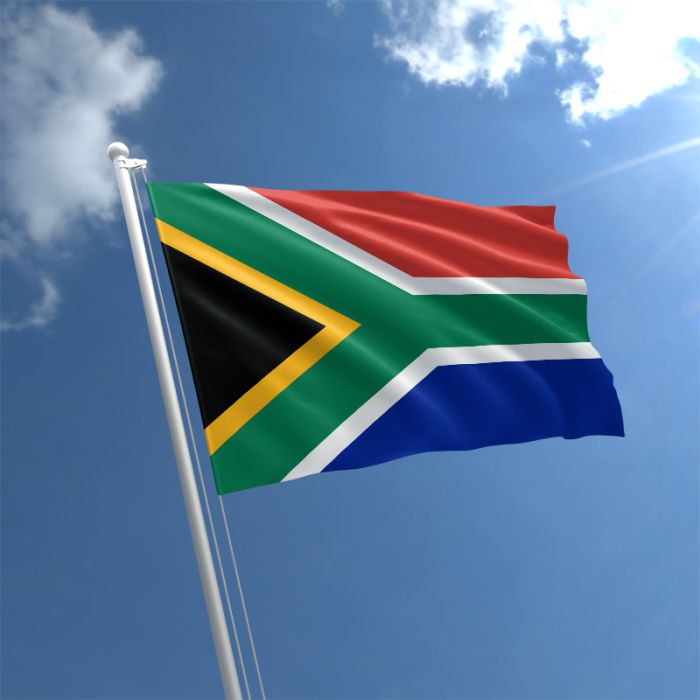In a recent alarming incident, Thamsanqa Mothobi, a Johannesburg resident and father of three, fell victim to a harrowing carjacking. He was forcibly taken to an informal settlement where armed assailants compelled him to unlock his mobile banking apps. “They had guns and demanded the PIN codes for my apps. They increased the withdrawal limits in my accounts and emptied them,” Mothobi recounted. This ordeal, which fortunately ended with Mothobi’s release unharmed, though financially devastated, is increasingly common in South Africa.
This nation, despite its status as Africa’s most developed economy, is battling one of the world’s highest violent crime rates. Recent statistics show a staggering average of 75 killings and 400 robberies with aggravating circumstances each day.
The rising crime rates have brought into sharp focus the limitations of the South African police force in effectively combating crime. As a result, those who can afford it are increasingly turning to the burgeoning private security industry for protection. Anton Koen, a former police officer who now heads a private security firm specializing in vehicle hijackings and theft, paints a dire picture: “The murder rate is the highest in 20 years, violence is getting worse because our justice system seems to be failing us, the public of South Africa.”
South Africa’s private security sector is one of the largest globally, with over 2.7 million registered private security officers, a stark contrast to the country’s police force of fewer than 150,000 officers for a population of 62 million. These private companies offer a range of services from neighborhood patrols to armed response, and even vehicle tracking and recovery services, which often involve high-speed chases and confrontations with criminals.
The growth of the private security industry in South Africa has been significant. Over the last decade, the number of security businesses and registered security officers has seen a substantial increase. Koen’s daily routine, involving patrols armed with an assault rifle and wearing a bulletproof vest, often results in the capture of suspects, who are then handed over to police custody.
However, the reliance on private security highlights the stark inequality in the nation. While the wealthy have the means to hire private security services, the majority of South Africans rely on an overstretched and under-resourced police force. Chad Thomas, a veteran in organized crime and private security, notes, “People with money make up a very small percentage of South Africa. That means that the vast majority of South Africans don’t really benefit from this security industry.”
The inadequacy of even private protection was underscored by a recent incident where a government minister and her bodyguards were robbed at gunpoint. Thomas links the high crime levels to the broader societal issues of poverty and frustration.
The crime statistics in South Africa are alarming. In the year leading up to February 2023, there were 27,494 killings, a significant increase from the 16,213 reported in 2012-2013. The homicide rate in South Africa now stands at 45 per 100,000 people, markedly higher than in the United States and most European countries.
In response to this crisis, the South African police are preparing to introduce 10,000 new officers by early 2024. National Police Commissioner Gen. Fannie Masemola expressed optimism about this increase in manpower aiding community outreach and service delivery.
Additionally, Gauteng province, which includes Johannesburg, has introduced crime wardens to support the police. Despite these measures, Thomas warns that crime thrives where law enforcement is disorganized, a situation often caused by inadequate resources and capacity.
As the country grapples with these challenges, the growing dependence on private security and the public’s reliance on it reflect a society in search of safety and stability in a context marked by rampant violence and deep-seated inequality.





